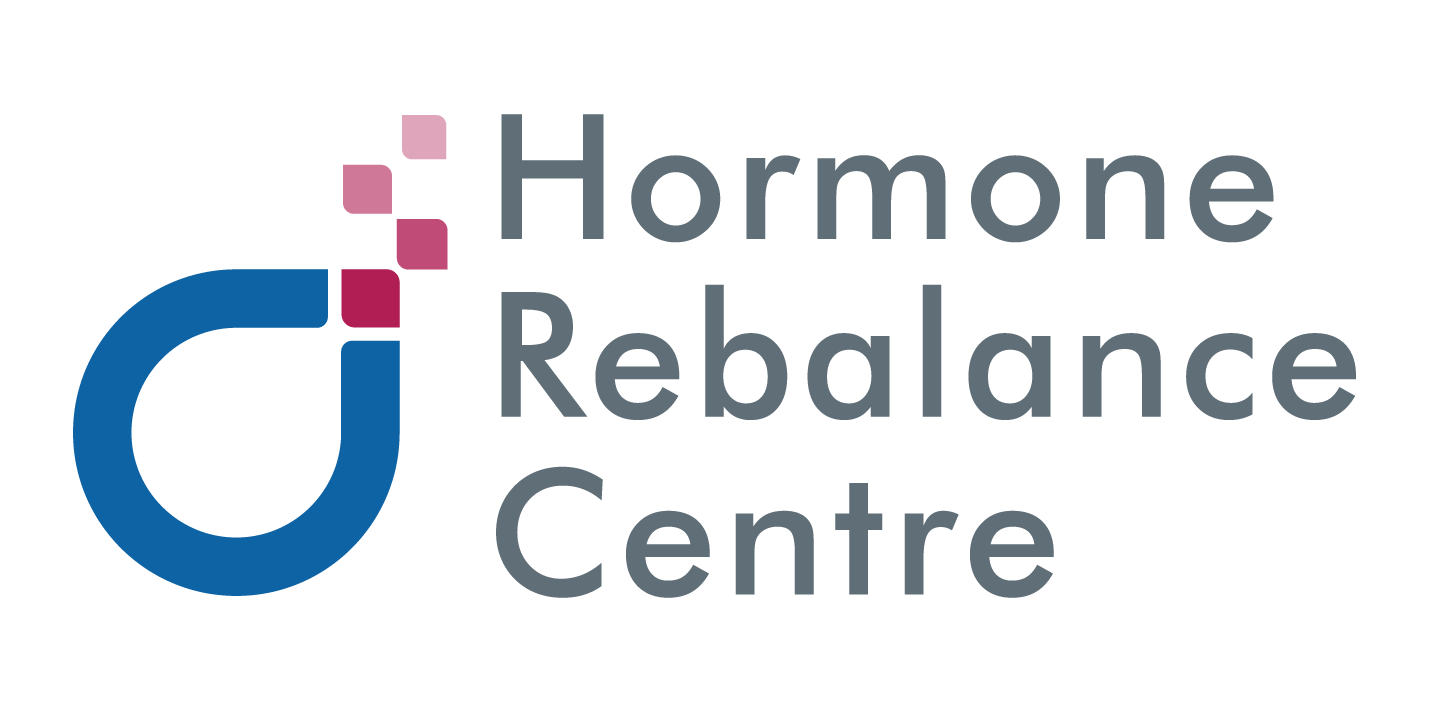
Fasting is one of the oldest therapies in medicine, recognized for its ability to help heal and prevent disease. When done under the proper guidance of a healthcare professional, intermittent fasting can lead not only to effective weight loss but actually increased energy and even a longer life-span!
Fasting Versus Starving: A Big Difference
For starters, starving yourself is not only dangerous but can actually down your metabolism and promote eating disorders. Starvation deprives our body of essential nutrients, so it begins eating itself by burning muscle. This isn’t a competition of “less is more.” Our bodies still need fuel to function.
Fasting differs from starvation because it can be practiced for 12, 16, 24, 36 or even 48 hours without the body kicking into starvation mode. With fasting, you may still consume a healthy amount of calories, just in a time restricted manner.
Fasting flips the metabolic switch from using carbs as fuel to ketones as fuel. Unlike starvations, the body breaks down its own fat stores as a source of fuel and this is where the benefits of intermittent fasting reside!
Physiology of Fuel and Metabolism
Typically, our bodies are fuelled by glucose, which is a simple sugar. However, through diet restriction or intermittent fasting, that energy source gradually becomes unavailable.
As a result, the body begins to convert its stored fat into fatty acids that are easily absorbed by the bloodstream. Fatty acids produce molecules called ketones. (This may ring a bell if you are familiar with the ketogenic diet.) After 8 – 12 hours of fasting, our metabolism shifts to replace glucose with ketones as our new source of energy.
Studies show that intermittent fasting may be better for you than other dietary strategies. This is because unlike glucose, ketones put less stress on our cells, they anti-inflammatory in nature and are a superior source of fuel for our bodies and brains.
Proven benefits of Intermittent Fasting
New research from Harvard shows that intermittent fasting manipulates the mitochondrial networks inside our cells, which may increase lifespan!
Simply put, inside our cells we have energy-producing mitochondria that dynamically change shape in relation to our body’s energy demand. As we age, their ability to produce energy gradually declines, eventually leading to all fun things associated with aging.
While fasting is often recommended as a way to promote healthy aging, the connection between metabolism and mitochondria has always been unclear… until now!
The Harvard study shows that low-energy conditions, such as periods of intermittent fasting, can help maintain the flexibility and youthfulness of mitochondrial networks. These youthful networks then communicate with other parts of the body that are responsible for fat metabolism, which as a result, helps to increase lifespan.
Fasting not only helps you live a longer life, it improves your overall health too!
Further studies suggest that fasting can help:
- Weight management
- Boost the immune system
- Enhance physical performance
- Protect cognitive function
- Reduce inflammatory disorders
- Slow the progression of tumours
- Protect against cardiovascular disease
6 Tips for Safe and Effective Fasting
Fasting is not for everyone and it’s best to make sure you are supervised by a health professional who is familiar with intermittent fasting. There are numerous different ways to fast that are equally effective. Below are a few fasting tips to help you on your way:.
- Set a fasting schedule and stick to it. If you’re a beginner, start with a 12 hour fast (i.e. 7pm-7am). So first of all, no evening snacks! Once you’ve achieved that, the transition to a 16 hours window (7pm-11am). Do this gradually, pushing it by one hour a week. Fasting for 24 hours once a week is another option to try.
- Include a High Fat Coffee /Tea in the morning. One great tip to help you start is to include a beverage in the morning with added fat. While for some this may not be considered as true fasting, as long as you do not consume any sugar, this will not disrupt but rather accelerate your production of ketones. Adding fat to your beverage, like coconut oil, MCT oil, or grass-fed butter can help promote ketosis and give you a good energy boost until your first meal of the day.
- Stay Hydrated: while you want to limit your intake of food, be sure to drink plenty of water or switch it up with herbal teas during your fasting hours.
- Make your calories count. Between fasting windows, enjoy nutrient-dense foods that provide protein, fiber, and healthy fats. Focus on adding foods such as avocados, nuts, and seeds, good quality meat, fish or eggs and loads of vegetables!
- Relax your body and your mind. If you choose to go for designated fasting days rather than hours per day, don’t participate in strenuous activities. Go easy on yourself by finding things to keep your body and mind occupied in a productive, gentle way. Take a walk or do light exercise that won’t exhaust you, like yoga.
- Take it to the next level. For maximum ROI you may want to consider going full keto during your feeding hours or generally focusing on low carb, high healthy fat eating. This can help you produce ketones on regular basis and rip the benefits that fasting provides, 24/7.
If you are thinking about fasting but have never tried it before, we invite you to reach out to our clinic so we can discuss which options might be best for you and customize a plan for your needs and challenges. Our team can help you get back on track with better weight management and a healthier, longer, and happier life!
References:
https://www.medicalnewstoday.com/articles/321690.php
https://news.harvard.edu/gazette/story/2017/11/intermittent-fasting-may-be-center-of-increasing-lifespan/
https://www.osher.ucsf.edu/patient-care/self-care-resources/cancer-and-nutrition/frequently-asked-questions/cancer-and-fasting-calorie-restriction/
https://news.yale.edu/2015/02/16/anti-inflammatory-mechanism-dieting-and-fasting-revealed

Pingback:Diet Dos and Don’ts for Women in Perimenopause and Menopause – Hormone Rebalance
Pingback:How to balance your hormones after having a baby – Hormone Rebalance